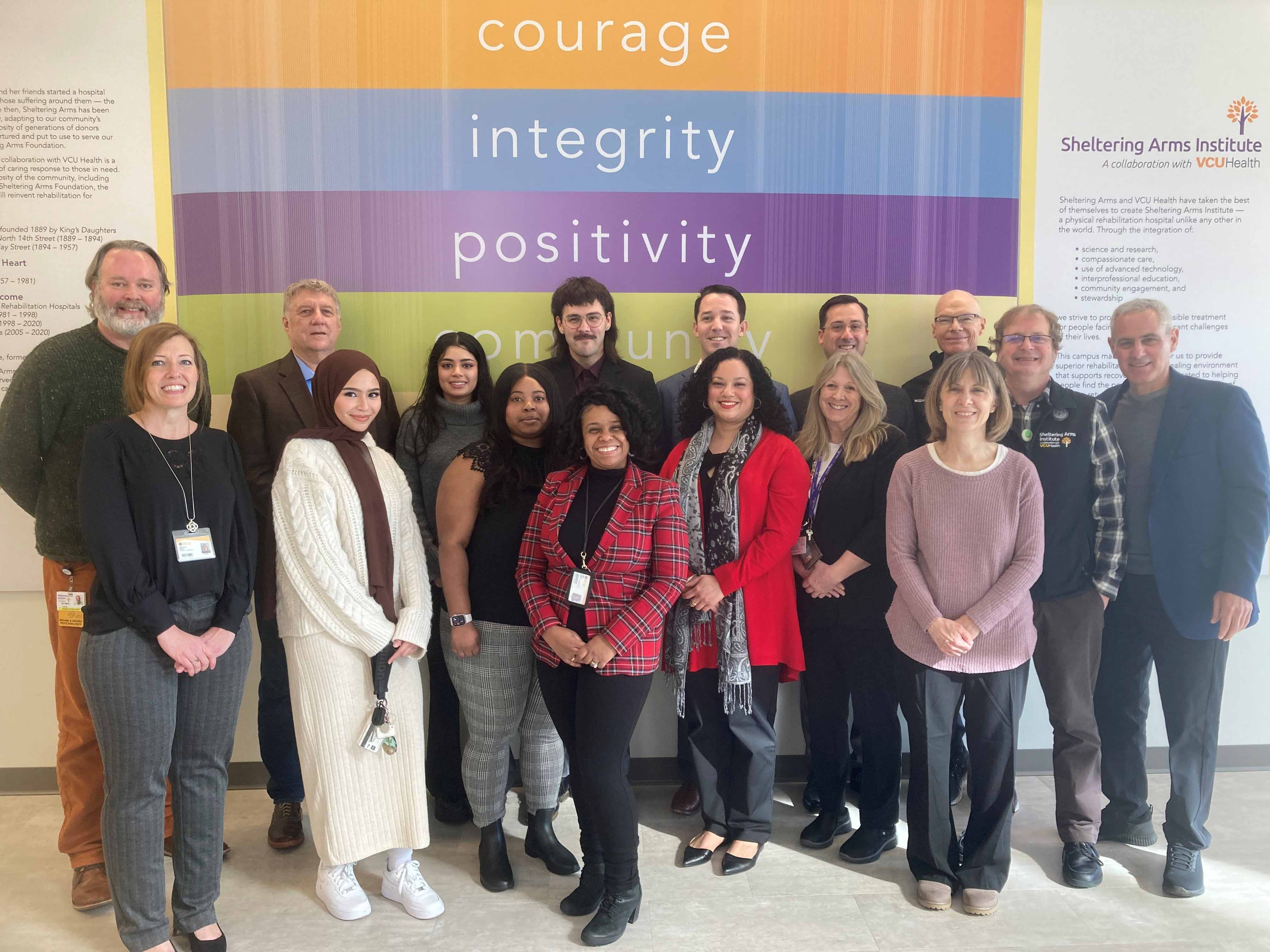Announcements
- The latest issue of TBI Today is OUT NOW! Check it out on our Newsletters page.
-
The Model Systems Knowledge Translation Center (MSKTC) is supporting people living with traumatic brain injury (TBI) to help them stay healthy during the coronavirus/COVID-19 pandemic. Access their resources flyer MSKTC COVID-19 Resource Flyer. People living with TBI can continue to improve their health and wellbeing during these unprecedented times using a variety of MSKTC’s free, online resources. For example MSKTC TBI resources ranging from alcohol use to managing depression and emotions to fall prevention, please visit https://msktc.org/tbi. In addition to TBI resources, MSKTC has resources on spinal cord injury (https://msktc.org/sci) and burn injury (https://msktc.org/burn). The MSKTC is funded by the National Institute on Disability, Independent Living, and Rehabilitation Research, Administration for Community Living, U.S. Department of Health and Human Services.
WELCOME
 The Virginia Commonwealth University (VCU) Model System of care for traumatic brain injury (TBI) provides comprehensive, coordinated inpatient and outpatient care for persons with TBI through two complimentary and linked programs. The longest-running VCU TBI Model System program is centered at VCU Health Care, now in collaboration with Sheltering Arms Institute. The other one is centered at the Richmond Veterans Affairs (VA) Medical Center in the Central Virginia VA Health Care System (CVHCS). We are proud to be one of only 16 federally designated TBI Model System Centers in the U.S. Additionally, we are one of only four centers in the nation to have a dual designation as a spinal cord injury (SCI) and TBI model systems center. The TBI and SCI clinical care systems include emergency medical services; early intensive and acute medical care; comprehensive rehabilitation services; and long-term follow up.
The Virginia Commonwealth University (VCU) Model System of care for traumatic brain injury (TBI) provides comprehensive, coordinated inpatient and outpatient care for persons with TBI through two complimentary and linked programs. The longest-running VCU TBI Model System program is centered at VCU Health Care, now in collaboration with Sheltering Arms Institute. The other one is centered at the Richmond Veterans Affairs (VA) Medical Center in the Central Virginia VA Health Care System (CVHCS). We are proud to be one of only 16 federally designated TBI Model System Centers in the U.S. Additionally, we are one of only four centers in the nation to have a dual designation as a spinal cord injury (SCI) and TBI model systems center. The TBI and SCI clinical care systems include emergency medical services; early intensive and acute medical care; comprehensive rehabilitation services; and long-term follow up.
The VCU TBI Model System grant supports our scientific research that focuses on improving care and quality of life for people with brain injury and their families. The benefits of couple's support and education, the effectiveness of teaching resilience for survivors, understanding caregiver's resilience, and researching the long-term outcomes after brain injury are important focal points of study. VCU staff have published their work extensively in medical and rehabilitation journals.
In addition to our research, we produce a quarterly newsletter, TBI Today, distribute educational fact sheets, and participate in a variety of educational events related to brain injury rehabilitation and outcomes. We have an additional website, The National Resource Center for TBI, that highlights a number of resources for individuals with TBI, their families, and professionals.
The faculty and staff of the Department of Physical Medicine and Rehabilitation along with our colleagues in the VCU Health System, Sheltering Arms Institute, and CVHCS are committed to working together to improve the lives of people with TBI. The collaboration and teamwork of our devoted staff have proven successful as indicated by our federal funding as a TBI Model System since 1987.
The VCU Model System is funded by Grant #90DPTB0005 from the National Institute on Disability, Independent Living, and Rehabilitation Research (NIDILRR), Administration for Community Living (ACL), Department of Human Services (HHS), Washington, D.C.
Sign up for our mailing list! To get the most up-to-date information and notifications sent directly to your computer, tablet, phone or other electronic device, email Katherine.Walker@vcuhealth.org asking to be added to our Traumatic Brain Injury Model System Mailing List.